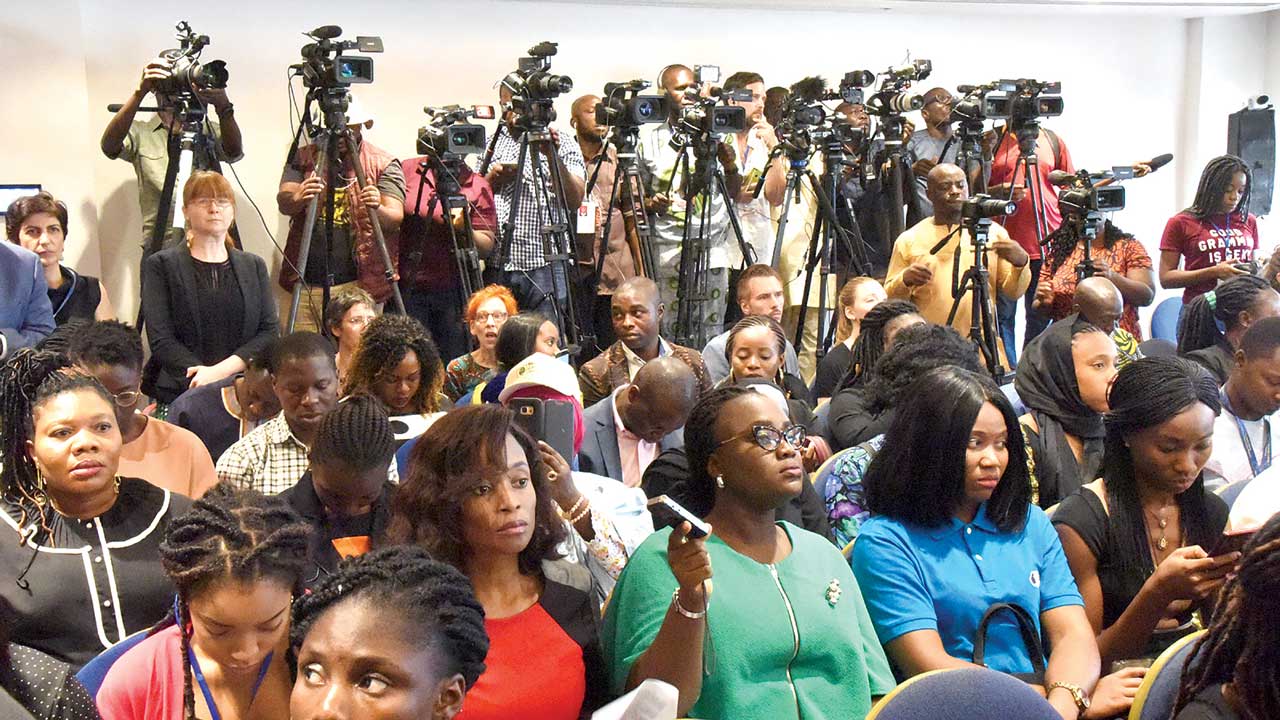
• CDD alleges vote-buying, other malpractices
African Union Election Observation Mission (AUEOM) has urged political parties and young people to leverage on the Not Too Young To Run (NTYTR) Act to increase youths’ political participation and representation.
It commended parties for involving youths in the electoral process and fielding some as candidates, which demonstrated impressive level of youth mobilisation for political participation.
The mission noted that the 1999 Constitution guarantees equal participation of citizens in the electoral process, while hailing the efforts of the Independent National Electoral Commission (INEC), civil society organisations (CSOs) and other stakeholders to increase the participation of youths, women and Persons With Disability (PWD) in the electoral process.
In particular, the observers noted that youth and women recorded appreciable number in voter registration when compared to 2015.
However, the Centre for Democracy and Development (CDD), in its preliminary declaration and assessment, has identified electoral violence, vote-buying and other electoral malpractices as challenges in the 2019 presidential and national assembly elections.
CDD, which deployed over 3,500 field observers across the country, also established a fake news tracking and analysis centre, and an Election Analysis Centre (EAC), comprising experts on elections and democracy.
It said though the elections went on smoothly in most parts of the country, significant logistics challenges marred the conduct of the elections in many parts of the country.
For example, “ballot papers were insufficient in some polling units, while in others there were lack of other sensitive and non-sensitive materials, such as indelible ink, ballots, or result sheets,” CDD observed.
According to the centre, most of the Smart Card Readers (SCRs) worked well and therefore played a role in ensuring the integrity of the elections.
In addition, it noted that the secrecy of the ballot was violated, and voters cast their ballot in full public view in some polling units, where polling booths were not cordoned off or cubicles provided to ensure secrecy of the vote.
“In some places, people were requested to put their names down and phone numbers, so that they can be paid later. However, most disturbing is the situation where party agents go around with voters’ register, pressurise voters and negotiate for votes.
“We also observed voters willingly selling their votes to the highest bidder. The telephone was a valuable tool utilised in the vote-buying and selling transactions,” the centre observed.
Other electoral malpractices reported by CDD observers include harassment of voters by thugs, arrest of observers by security agents, snatching of ballot boxes and stuffing of ballot papers.



